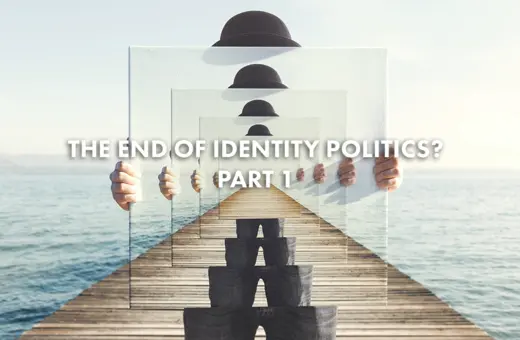What is it like to be a bat? And is there a difference between the consciousness of male and female bats? Thomas Nagel didn’t ask that second question. All of us only have our own experience of the world. So, comparing consciousness across any lines is difficult, though, not impossible, writes Sophie-Grace Chappell.
“What is it like,” a man might ask, “to be a woman?”
“Well, what is it like,” a woman might retort, “to be a man?”
What-is-it-like questions are always intriguing. And, some might add, impossible to answer. If a woman could say what it is like to be a man (or vice versa), that would mean that she could occupy his very viewpoint on the world. It would mean that his consciousness, his subjective viewpoint, could turn into her consciousness.
But how could that happen? My “subjective viewpoint” is not a literal viewpoint, like the summit of Arthur’s Seat, that I can occupy, or vacate to let you occupy. Nor is consciousness like a virtual-reality headset that anyone can wear. I can’t just hand over to you the eye-goggles and the ear-phones of my experience, so that you can experience as directly as I do what it is like to be me.
But even if my consciousness was like a virtual-reality headset that you could just put on, what would you get by wearing it? You wouldn’t get my experience. You’d get your experience of my experience. But when you asked “what it was like to be me”, that evidently wasn’t what you were after.
Despite this line of objection, we should keep hold of an important truth that philosophy often obscures. At least sometimes others’ consciousnesses, their mental lives, are known to us just by observation. Since at least Descartes’s time, most philosophers have taken for granted “the privacy of the mental”. But sometimes mental states are as public as anything else. When you hit your thumb with the hammer I see, directly, that you’re in pain. When the cabinet minister staggers out of Downing Street I see, directly, that he’s blind drunk. When the school bully humiliates the shy pupil in front of the whole class, her anguished embarrassment is not private, as most of her previous mental states were. Being shy, she is a specialist in hiding. But that is precisely her torment as she faces the bully’s jeers: this mental state of hers is public, directly visible to everyone. In these cases and many others, the mental isn’t private at all; not at least if “private” means “unobservable”. Despite Descartes, when we ask what-is-it-like questions, our questions needn’t always be unanswerable; or even hard to answer.





















Join the conversation